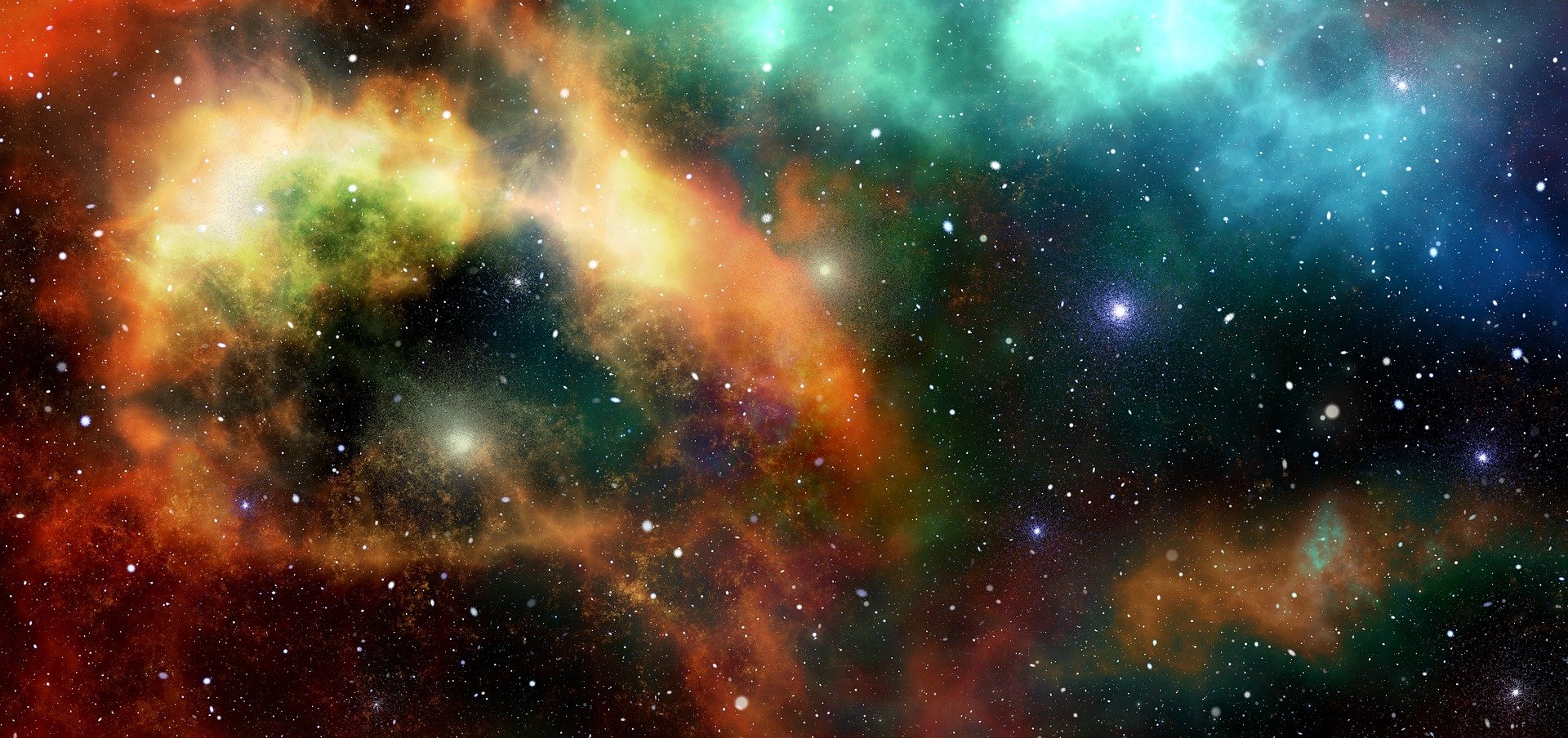New research puts age of universe at 26.7 billion years, nearly twice as old as previously believed::Our universe could be twice as old as current estimates, according to a new study that challenges the dominant cosmological model and sheds new light on the so-called “impossible early galaxy problem.”



deleted by creator
https://doi.org/10.1093/mnras/stad2032
I wasn’t able to read the actual paper since it’s behind a paywall, but it’s not exclusively a TL model. They say this in the abstract:
Yeah, I’m not convinced, either. It seems like every couple of years, someone puts out an announcement that Lambda CDM is dead, other scientists take a look, and a much quieter announcement correcting their work gets put out.
The idea of evolving fundamental constants is pretty mind blowing to me. Is this a well based theory?
I mean, it’s a bold idea, but I don’t find it so shocking.
It’s well possible that what we call a “fundamental” constant is a variable that depends on other deeper variables. For instance, an earth-bound observer might consider acceleration in freefall to be a constant, but knowledge of universal gravitation tells us it’s a variable that depends on the masses of the objects involved and distance between them.
It makes sense that other ostensible “fundamental constants” are also dependent on the structure of the universe at any given point in space and time, but the limited window of our observations makes them appear as constants.